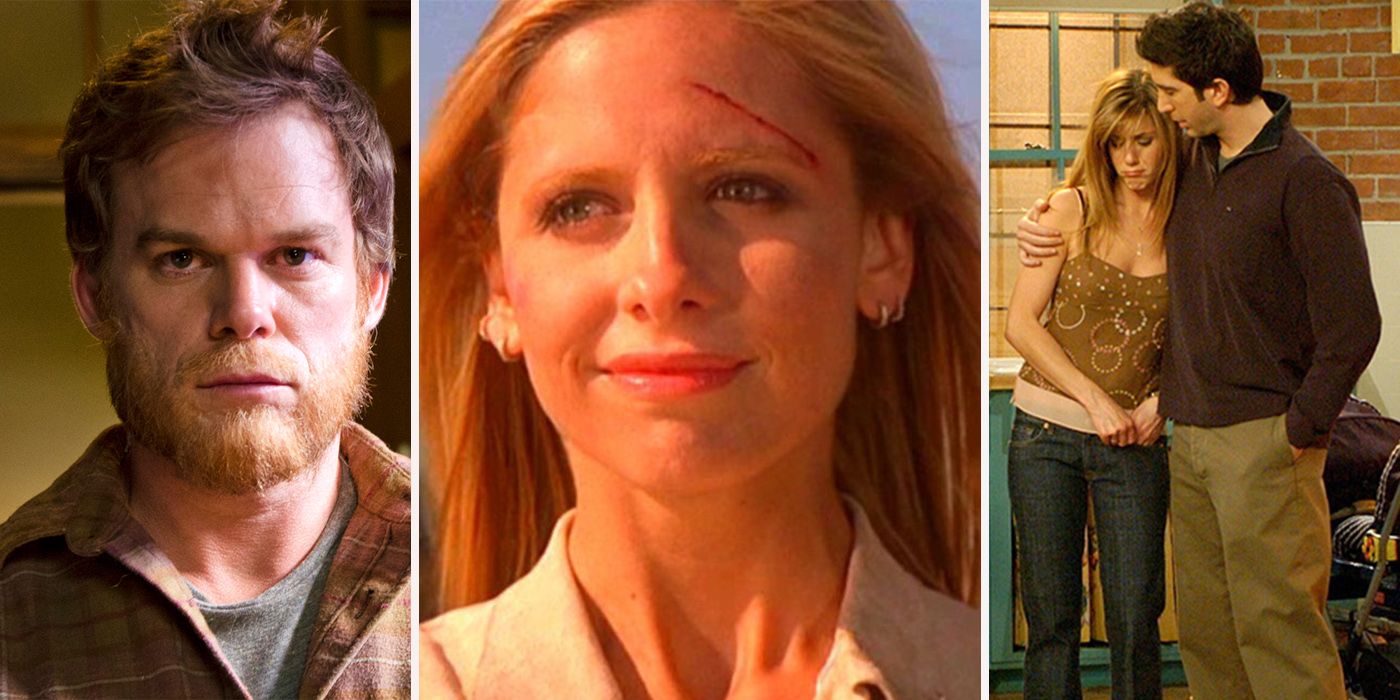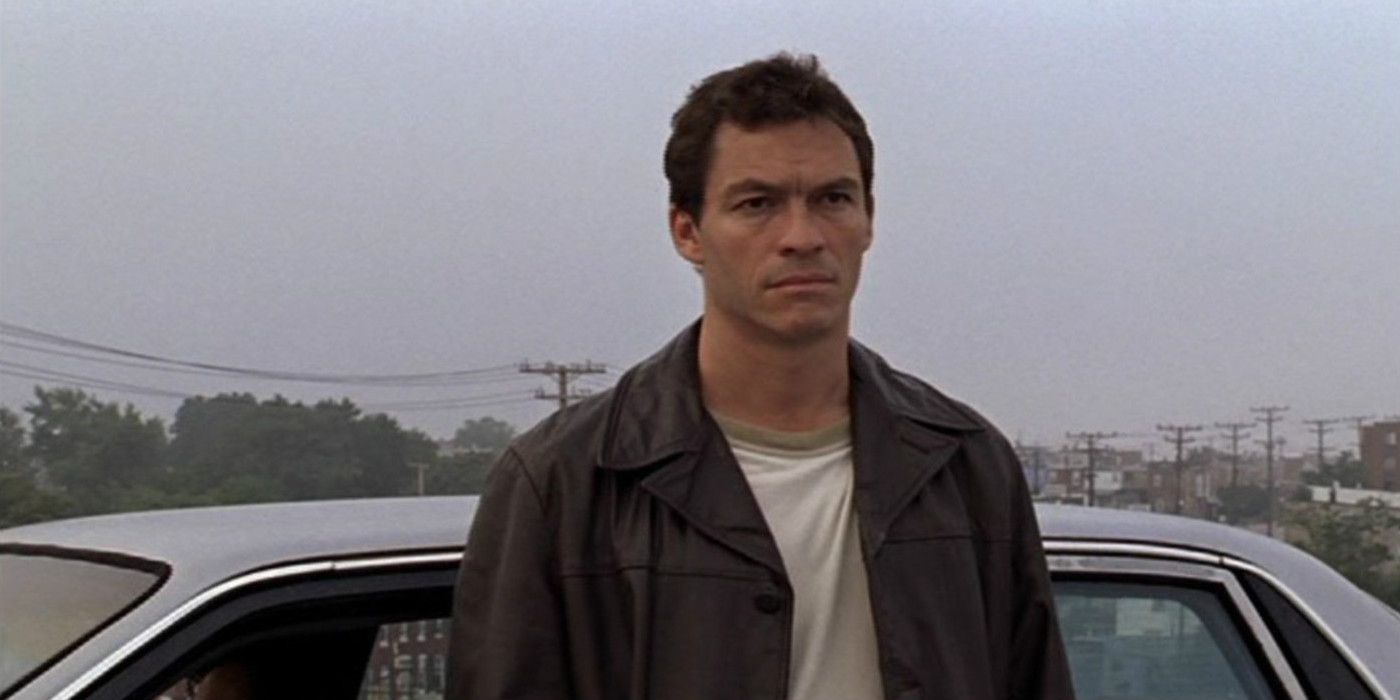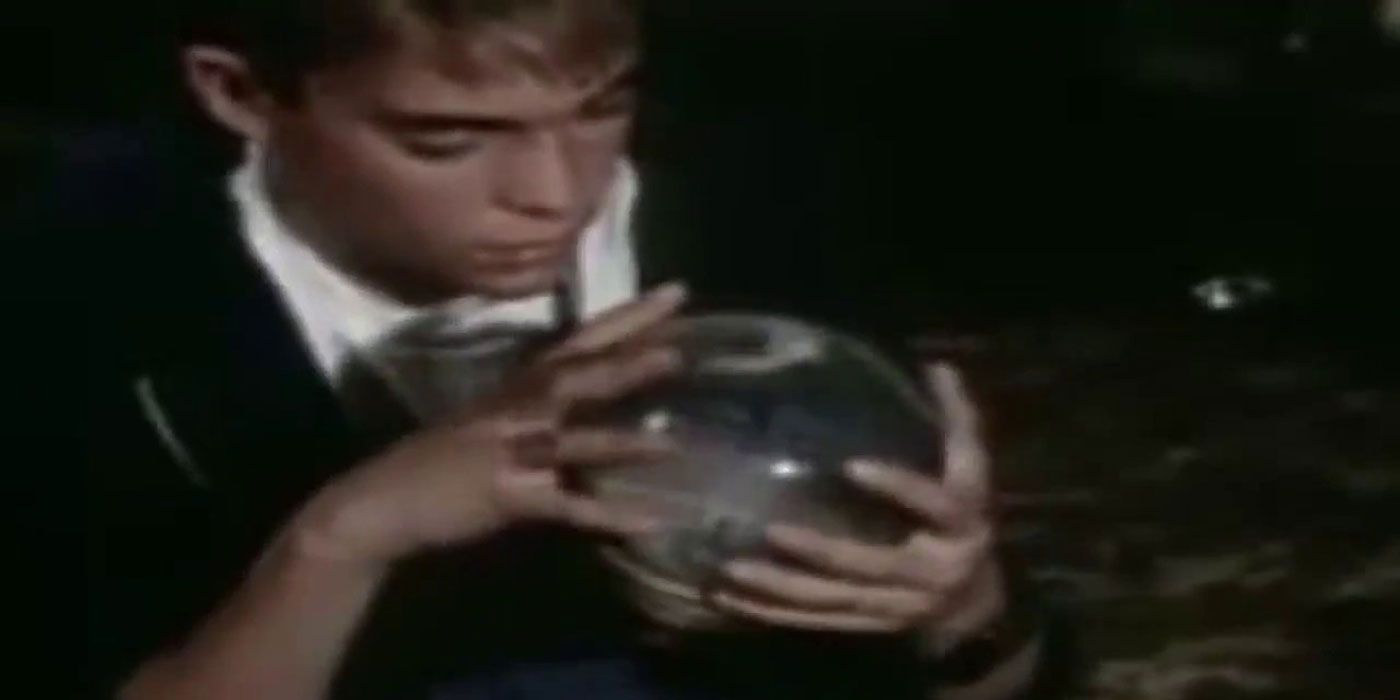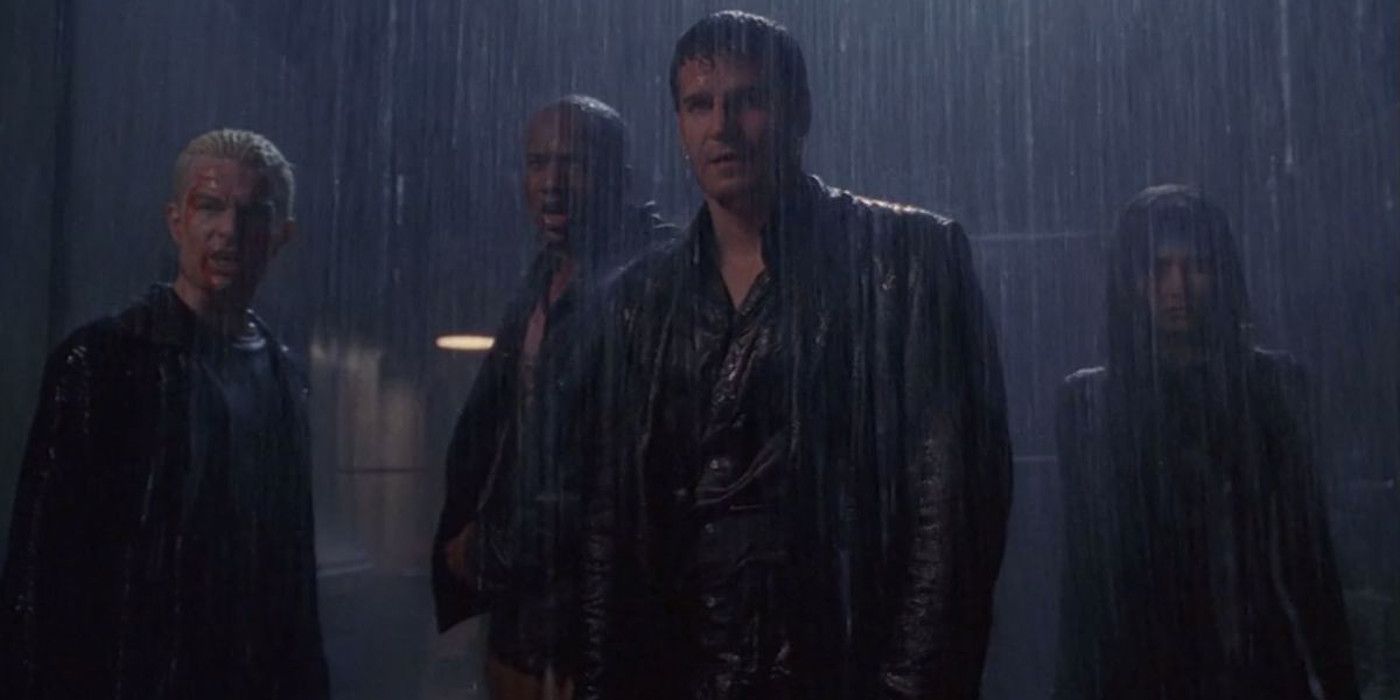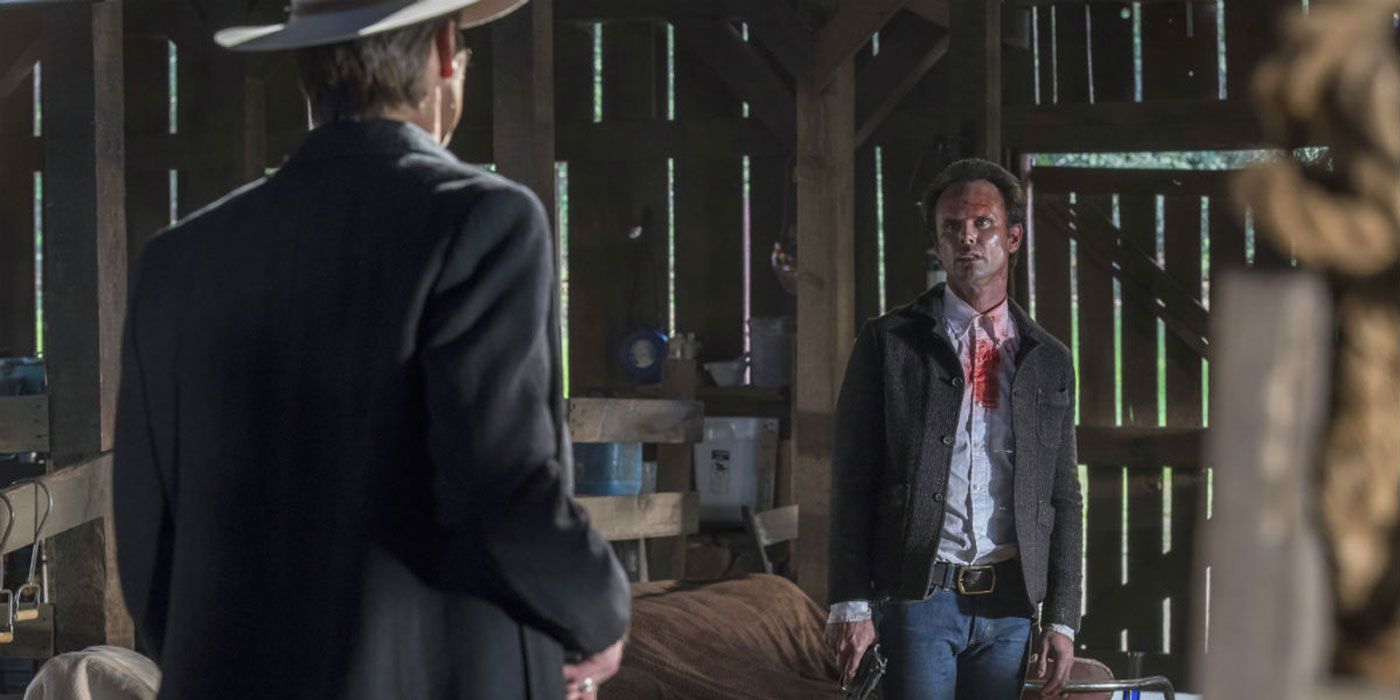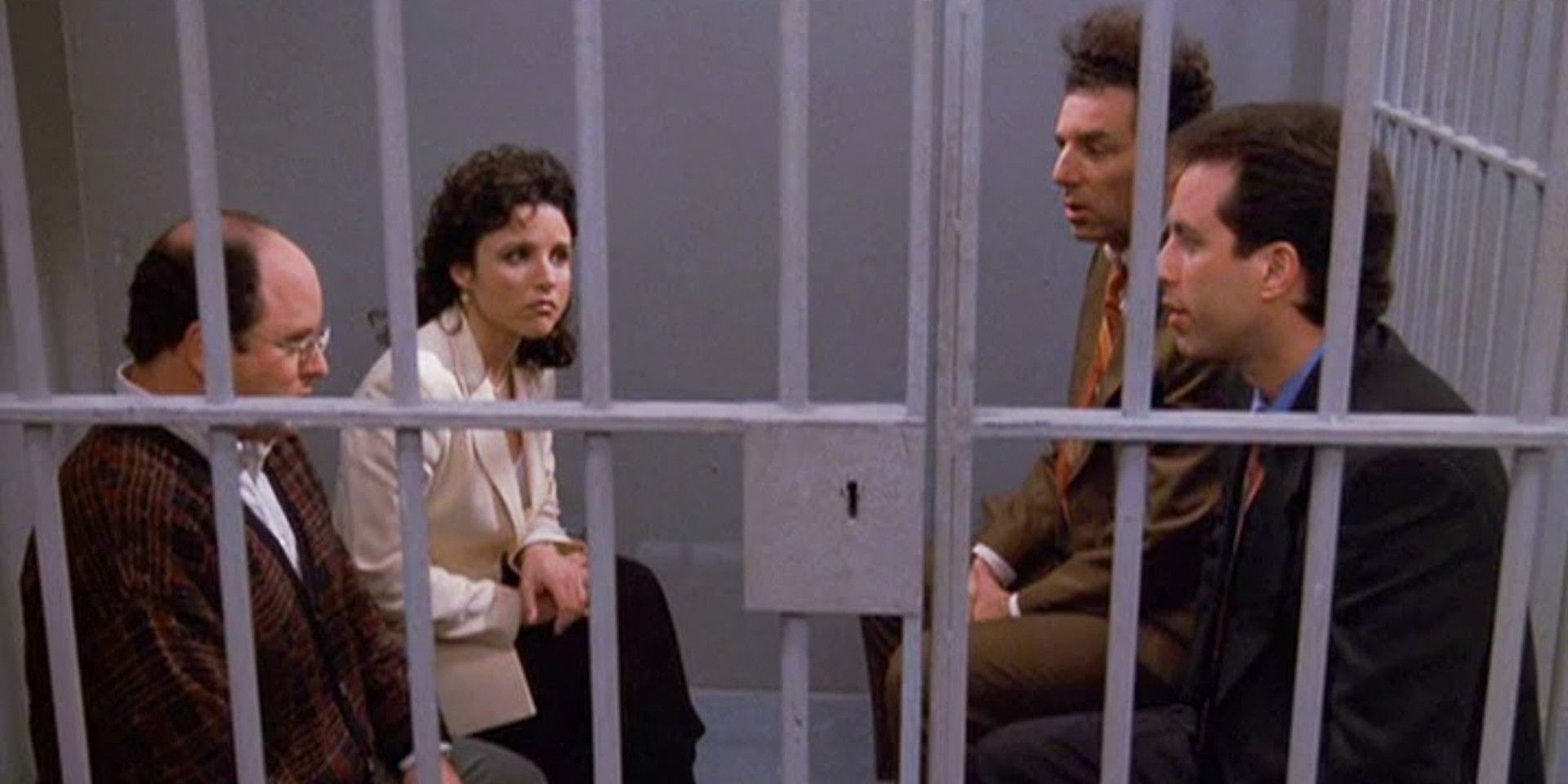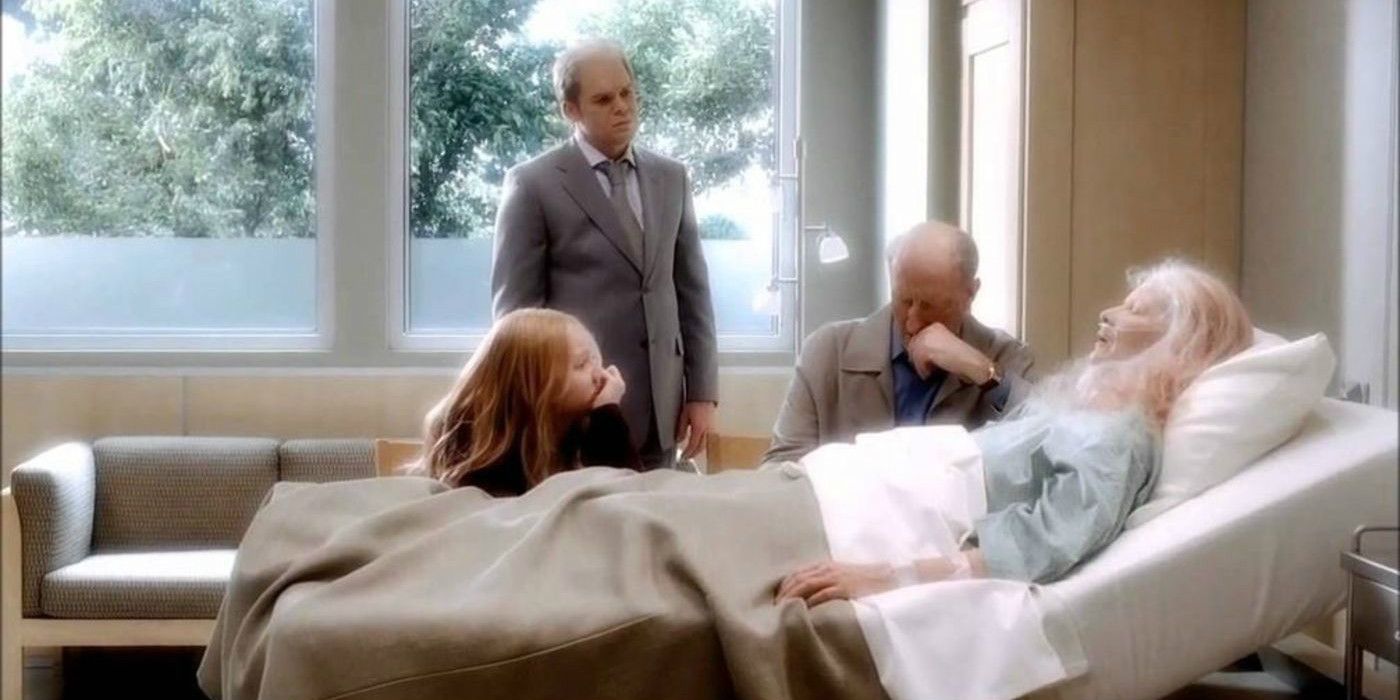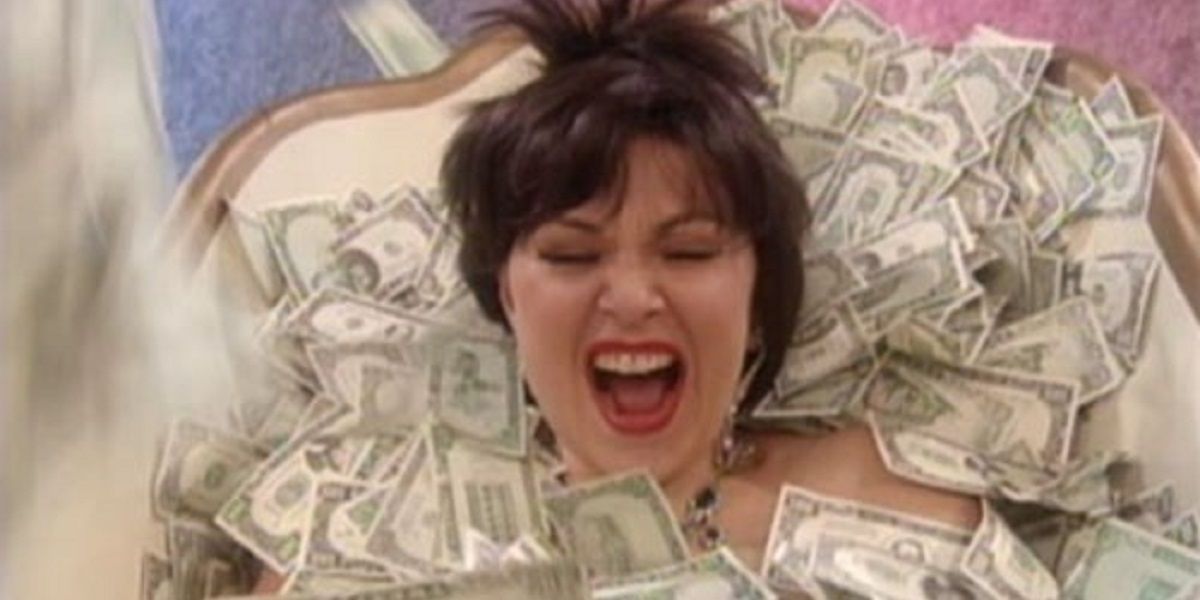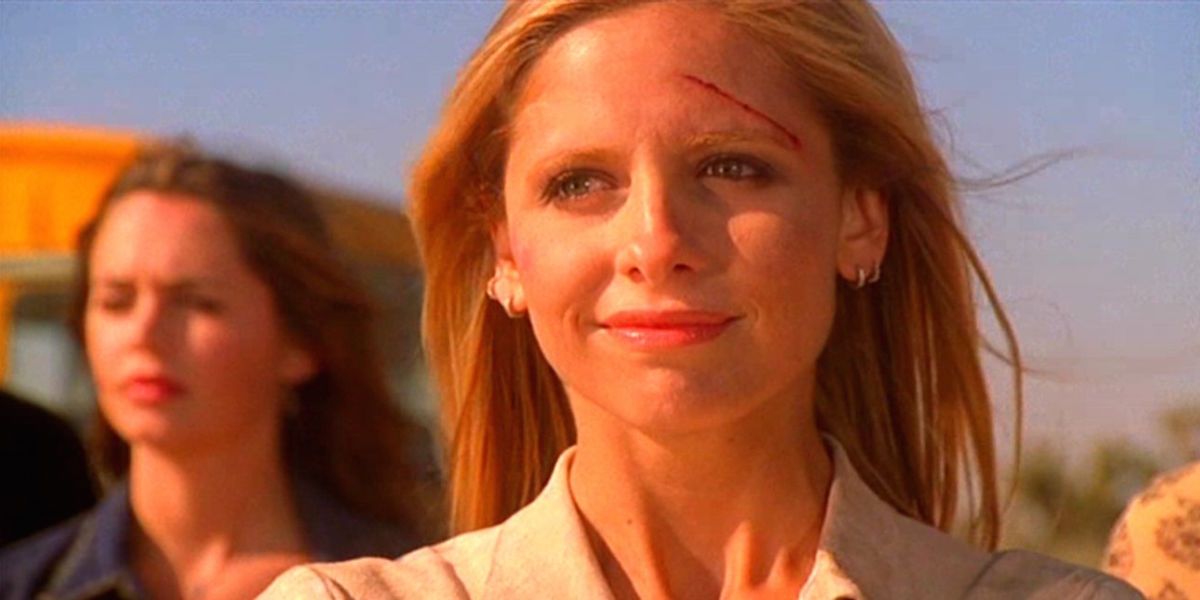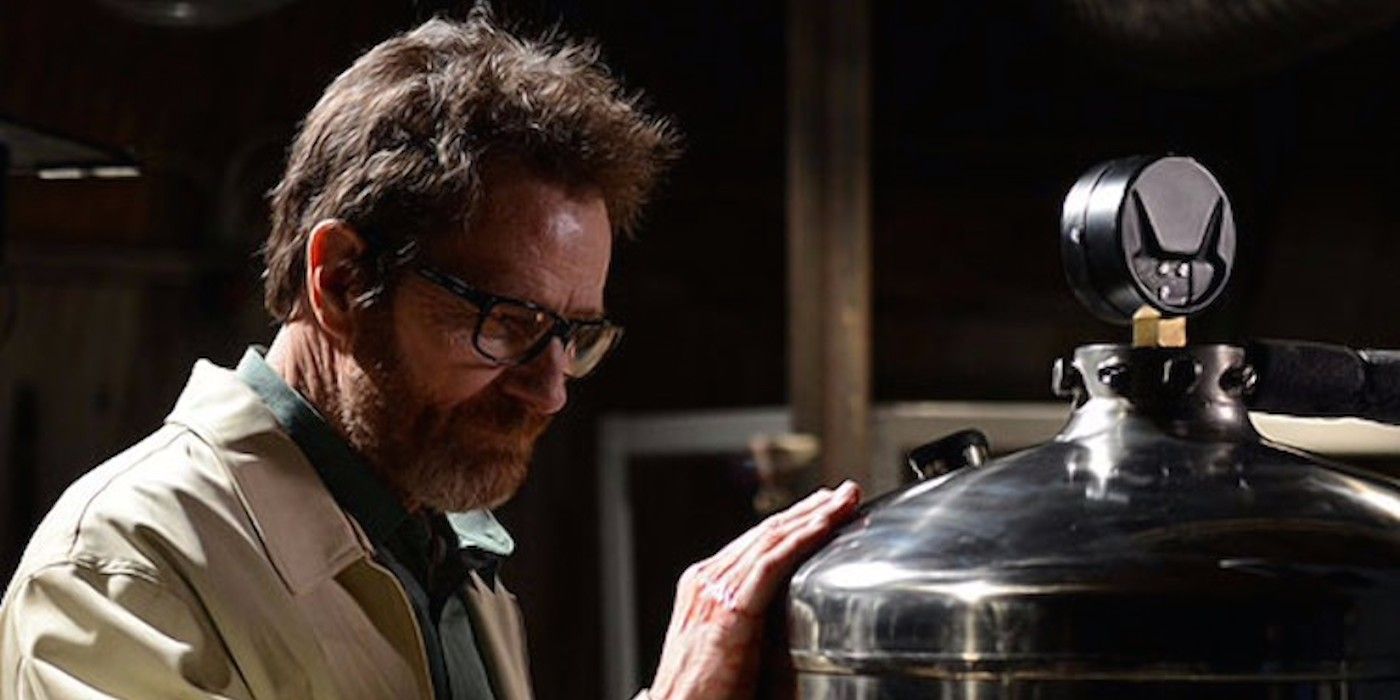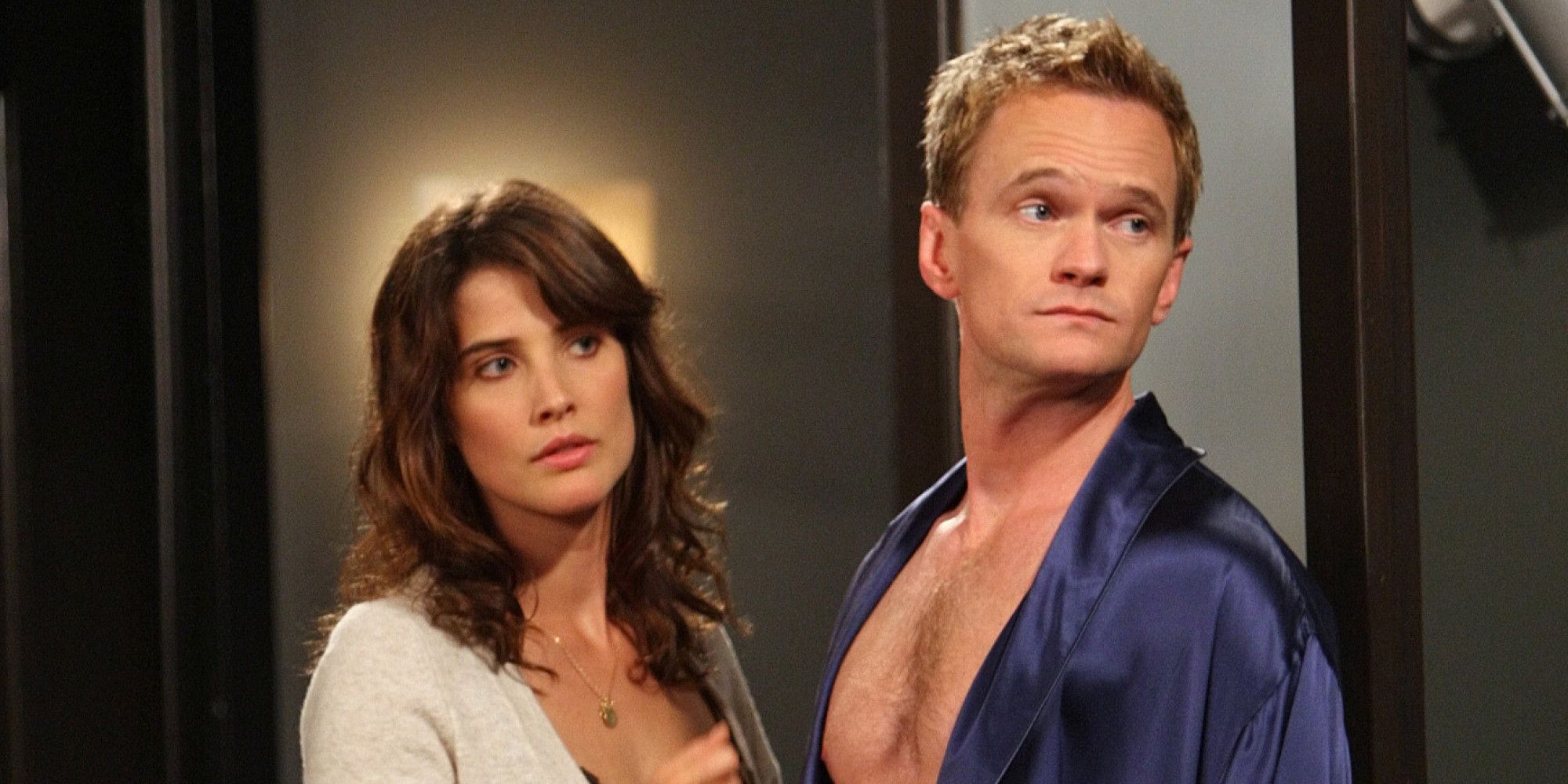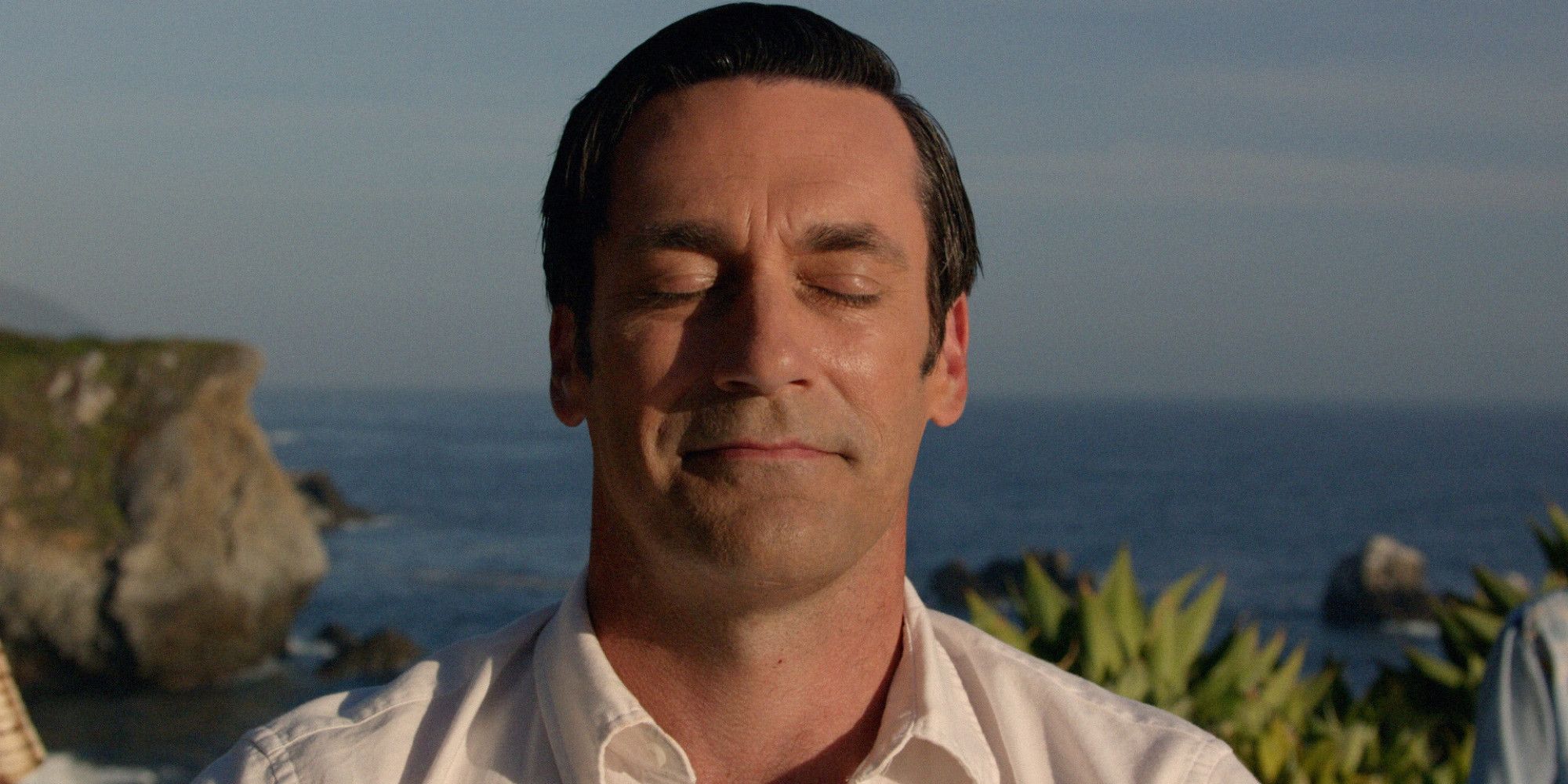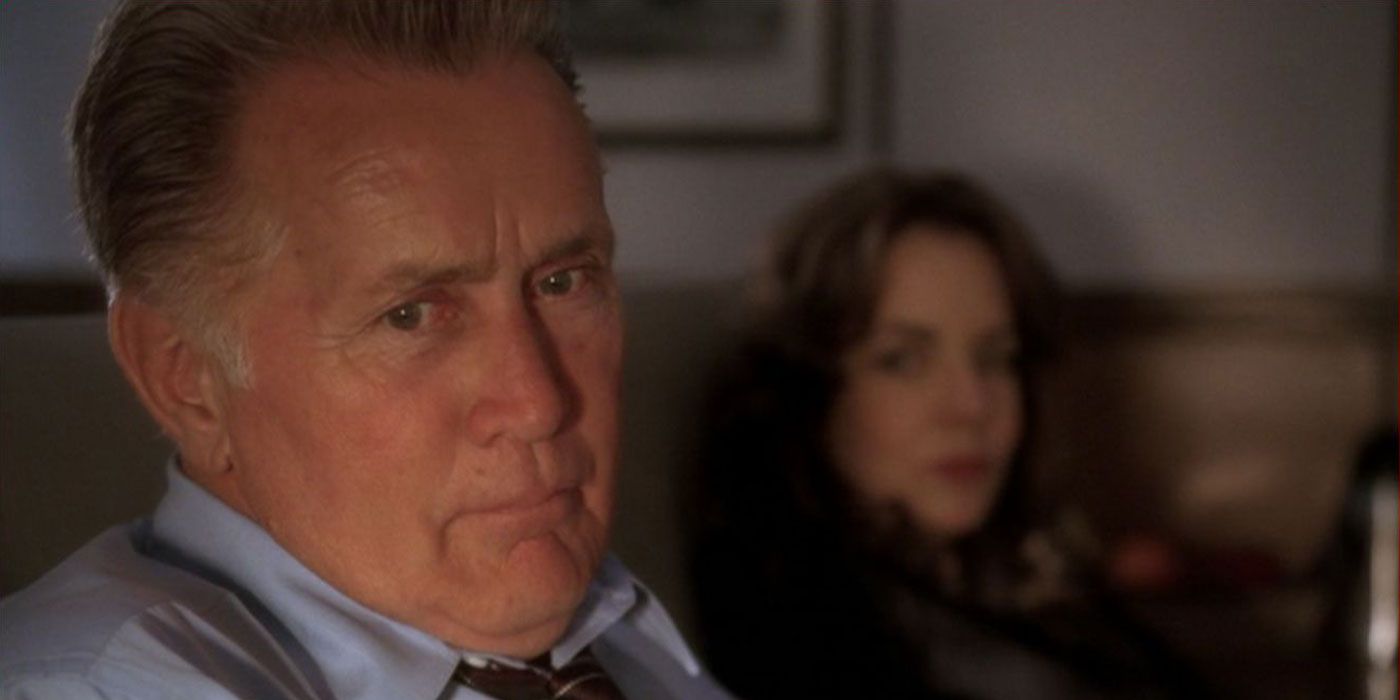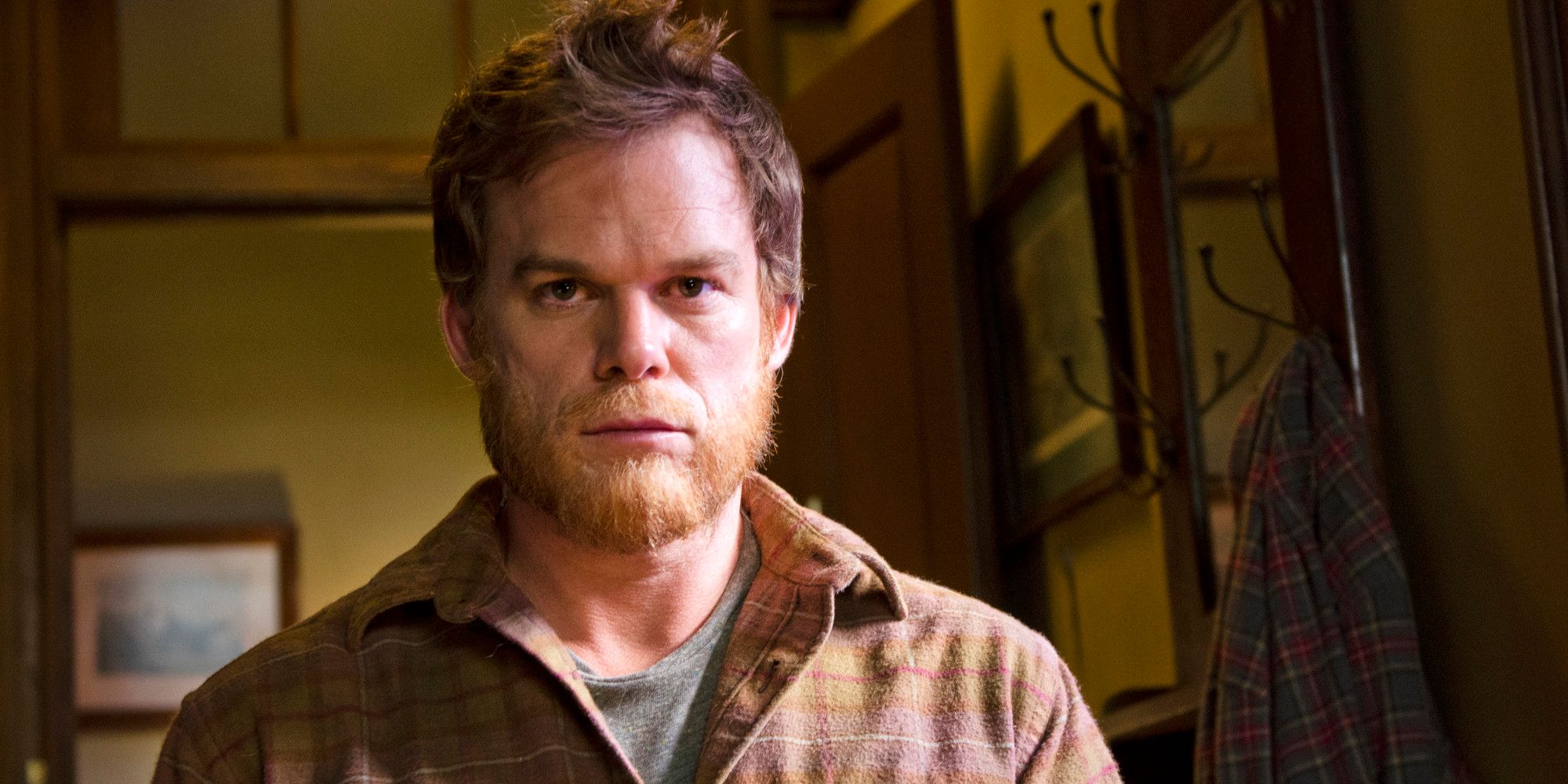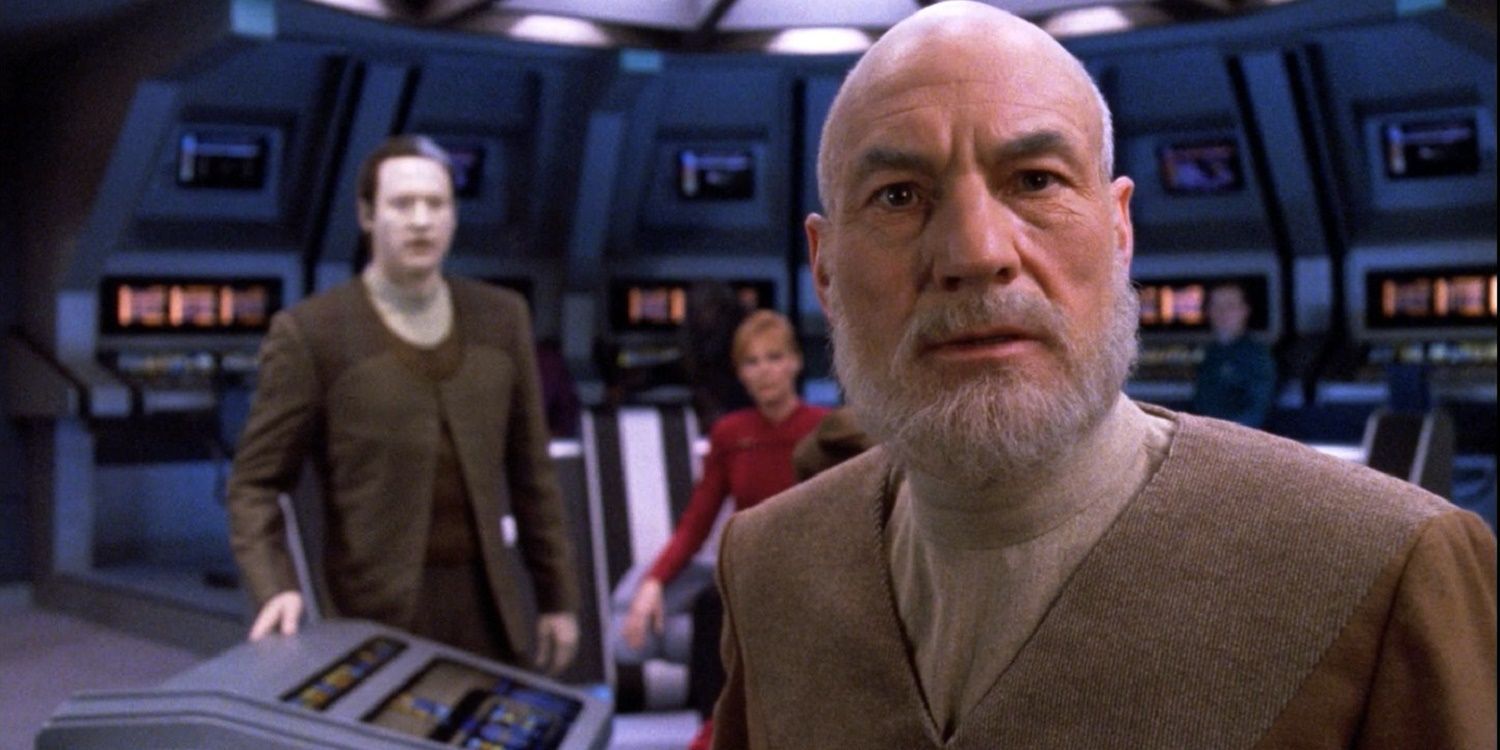Fairly or not, a huge amount of a modern television show’s legacy rides on how it ends. A number of great shows have been plagued by subpar finales, while some relatively mediocre shows have had their reputations buoyed by memorable endings. This is a fairly recent phenomenon; for most of television history, it was understood that shows ran until they were no longer profitable for their network and were then unceremoniously cancelled, often with no preconceived finale. The idea of clear thematic closure was simply never part of the equation, except for the rarest of megahit shows. It’s a testament to television’s cultural transition from lowbrow guilty pleasure to prestige art form that we’ve come to expect so much from series finales, and complain so loudly when they fail to measure up.
Plenty of modern showrunners understand how much is riding on their finales, and it’s become common practice for shows to take big creative swings on those episodes. Sometimes it works exactly as intended; sometimes it very much does not. If nothing else, it’s rare for a show to not go out on its own creative terms anymore, even if those creative terms end up being disastrous. Here we take a look at 10 TV Shows That Had Perfect Series Finales (And 6 That Were Terrible).
16. PERFECT: FRIENDS
More often than not, sitcoms tend to die slow, undignified deaths-- even the great ones. They’re historically more susceptible to awkward cast turnover, behind the scenes reshuffling, and drawn out creative declines than dramas.
One of the few classic sitcoms than can boast a strong, satisfying series finale is Friends. An immediate cultural behemoth when it debuted on NBC in 1994, Friends was still a ratings champ in its tenth and final season, but it was starting to show its age creatively. The show had explored seemingly every romantic combination of the main cast, and the stories were becoming rather tired.
They mostly managed to recapture the old magic for the finale; Ross and Rachel finally got back together, and Chandler and Monica (who ultimately ended up being the show’s most successful pairing) finally became parents and moved out of the city. It was a warm, sentimental close to a much beloved series (let’s just try to forget about Joey’s spinoff).
15. PERFECT: THE WIRE
Rightly hailed as one of the greatest series of all time, The Wire deftly explored the dark underbelly of 21st century America through the eyes of the police, drug dealers, and virtually everyone else who entered their orbit on the mean streets of Baltimore. The show was never afraid to subvert expectations, often showing the cops to be selfish careerists, and the drug dealers to be desperate young men just trying to survive however they can.
The Wire’s finale wraps up the storylines of several characters, including the ostensible lead character of Detective Jimmy McNulty, who is forced to resign after concocting a fake serial killer in an effort to gain more resources for his case. The finale ends on an appropriately solemn note, implying that the mistakes of the series’ characters are doomed to be repeated by the next generation, victims of a system they cannot change.
14. TERRIBLE: ST. ELSEWHERE
Though somewhat forgotten at this point, St. Elsewhere was a revolutionary television series. Along with its contemporary Hill Street Blues, St. Elsewhere established many of the tropes we take for granted in prestige television in modern times. A gritty, realistic hospital drama peppered with moments of black comedy, the show also saw the burgeoning trend of serialized storytelling, where episodes weren’t all just self contained one-offs. It also launched the careers of actors as varied as Denzel Washington and Howie Mandel.
The one thing the show is remembered for above all else is its absolutely bizarre series finale. The young autistic son of one of the main characters, Dr. Westphall, holds a snow globe that contains a replica of the St. Elsewhere hospital building, and Westphall himself (now seen as some sort of construction worker) laments his inability to communicate with his son and wonders what he’s thinking about.
It is strongly implied the entire series took place in the boy’s mind, a curveball just as baffling and infuriating today as it was in 1988.
13. PERFECT: ANGEL
Unlike its sister series, Buffy The Vampire Slayer, Angel did not have the luxury of a long-planned series finale. Negotiations between series creator Joss Whedon and the WB network unexpectedly broke down at the last minute, and the series was unceremoniously cancelled. While horrifying to fans at the time, this last-minute cancellation resulted in one of the best, most thematically resonant finales of all time.
Angel and his team decide to go on a suicide run to destroy the forces behind Wolfram & Hart, the evil law firm Angel battled both physically and philosophically for the majority of the series. After each team member enjoyed a final day, an epic battle across Los Angeles plays out, with casualties on both sides.
The show ends with Angel and his surviving allies in a rain-drenched alley as a massive hoard of demons approaches. After Angel muses about slaying their dragon, he confidently proclaims “let’s go to work,” and joins a battle he probably can’t win, just like he always does.
12. PERFECT: JUSTIFIED
Initially conceived of as a traditional cop procedural mixed with a western, Justified ended up becoming one of the best, most consistent shows of the last decade. What began as the story of United States Deputy Marshall Raylan Givens returning to his rural Kentucky hometown in Harlan County became a two-man tale revolving around Raylan and his old coal-digging buddy Boyd Crowder, who became something of a criminal mastermind over the course of the series.
Raylan and Boyd’s rivalry was allowed to simmer in the background for most of the series as they each took on other threats, but the two finally came into direct confrontation in the final season, as Raylan finally decided to take down his old friend. To the surprise of pretty much everyone in the audience, the face-off didn't end in a haze of bullets-- Raylan and Boyd both walked away from Harlan alive. Rather than give the audience what they expected, the writer's room gave viewers the finale they needed. The final scene between the two men is a perfect encapsulation of their bizarre relationship, the two constantly trying to outmaneuver the other, but always with a mutually acknowledged respect.
11. TERRIBLE: SEINFELD
Seinfeld was on the cutting edge of sitcom storytelling long before most people even realized sitcoms were in need of such an edge. The stories of four amoral, self obsessed New Yorkers still feels fresh today, and its direct influence can be seen in shows like It’s Always Sunny In Philadelphia and Veep. It’s hard to believe a show so influential and smart could bungle its finale so badly.
While Seinfeld was “meta” before “meta” had entered the cultural lexicon, the finale simply went much, much too far. The gang found themselves on trial ostensibly for not helping a carjack victim, but it was really the show putting its characters on trial for being miserable human beings. A cavalcade of prior guest stars returned to lay bare the affronts and insults they’d suffered because of Jerry and the gang, and they all end up in jail, as neurotic and self-obsessed as ever. It’s a conclusion which manages to be both deeply silly and a touch too dark, satisfying virtually nobody.
10. PERFECT: SIX FEET UNDER
One of HBO’s most critically beloved series, Six Feet Under was the story of the Fisher family, who own and operate a funeral home. A deeply damaged collection of characters, the show grappled with the Fishers’ relationship drama, personal demons, and the bigger themes of life and death you’d imagine would come up a lot working in a funeral home. There was also a sense of surrealism that ran through the series; characters would regularly have imagined conversations with long-dead characters.
The series finale adequately wrapped up most of the show’s long running plots, but it’s remembered to fondly because of its closing montage; as Claire, the youngest member of the Fisher family, departs for a new life in Los Angeles, we see a future montage of every main character, at the moment of their deaths. It’s an incredibly emotional montage, and offered the kind of closure you don’t often get (or, in a lot of cases, want) from a TV show.
9. TERRIBLE: ROSEANNE
Despite being a groundbreaking sitcom for how it portrayed the American working class family, Roseanne had jumped the shark long before its finale. At the start of its ninth season, Roseanne won the lottery, transforming a show about a family scraping by into one about a bunch of people with money who’d never had any before. To say this creative shift was a disappointment would be a massive understatement; the final season was critically reviled and little-watched.
And yet the show still had one more audience insulting card up its sleeve. In the final moments of the series finale, it’s revealed that the entire show was a story written by Roseanne Conner about her life, with several alterations for no apparent reason, like the fact that Jackie is a lesbian and, most insulting of all, that her husband Dan had died of a heart attack at the end of season 8. A Roseanne revival has been announced to premiere in 2018, so let's hope the writers fix what they broke.
8. PERFECT: BUFFY THE VAMPIRE SLAYER
After a highly polarizing, incredibly grim sixth season, Buffy returned for one final year of demon slaying. What started out as something of a back to basics approach (Buffy was initially working at the new Sunnydale High School) slowly turned into a highly serialized, epic confrontation between Buffy’s team of potential Slayers and The First Evil, an ancient malevolent entity. The season also sees Spike, the platinum blond vampire who loves Buffy, dealing with the ramifications of his newly restored soul.
In the finale, Willow uses magic to grant Slayer power to all of the potentials, who descend into the Hellmouth beneath Sunnydale High School to take on The First Evil’s hoard of uber-vampires. Buffy’s side takes heavy casualties, including Spike, but they manage to seal the Hellmouth, as the abandoned Sunnydale descends into a massive crater.
Buffy stares at the smoking remains of her hometown, realizing she can now do whatever she wants with her life, and finally allows herself a victorious smile.
7. TERRIBLE: ENTERPRISE
You almost have to feel sorry for Enterprise. The redheaded stepchild of Star Trek, this bland prequel had actually begun to find some direction in its fourth season, slowly moving toward the founding of the Federation. It wasn’t great, but the show was starting to find an identity, and had finally figured out how to utilize its talented cast. Despite the creative course correction, it was widely assumed the fourth season would be the show’s last due to poor ratings.
Why the show’s producer’s decided to end the show with “These Are The Voyages…” is a question that’s never been properly answered. The events of the episode take place years after the previous episode… sort of. What’s actually shown during the episode is a holodeck simulation of said events, set during the Star Trek: The Next Generation episode “The Pegasus.” Commander Riker is looking for guidance on his predicament from that episode by… watching the formation of the Federation?
It’s a genuinely insulting episode to not only fans of Enterprise, but the cast of Enterprise as well, who are made to look like historical footnotes in their own finale. That this is still technically the last ever episode of Star Trek is a crime. Learn from this, Discovery!
6. PERFECT: BREAKING BAD
The tragic story of cancer patient Walter White’s descent into the world of drug kingpins was so meticulously constructed (the first season feels like a seven episode cold open in retrospect) that it was impossible for the series finale to live up to everyone’s expectations. There was simply too much left to say about these characters and their world to properly wrap up everything in an hour.
And yet the show just about pulls it off. While it could be argued some of the show’s supporting characters, like Saul Goodman and Skyler White, were underserved by the finale, it’s impossible to think of a more fitting conclusion for Walter White himself. After doing his best to make amends with his family and admit the motivation for his drug kingpin lifestyle had long ago transitioned from desperation to pleasure, Walter makes one final, elaborate sacrifice to save the person he’d arguably wronged the most: his old partner Jesse Pinkman.
It’s a dark, unsentimental ending, but it’s hard to imagine Breaking Bad wrapping up any other way.
5. TERRIBLE: HOW I MET YOUR MOTHER
We can say this for How I Met Your Mother’s final episode: it’s hard to think of many finales that are so universally reviled (well, there is one other, which we’ll get to in a minute). The long-running CBS sitcom used the innovative framing device of the entire show being a story that the main character, Ted, is telling to his children in the year 2030 how he met their mother.
The show used this gimmick in some fun ways early on, such as telling the same event from multiple viewpoints. The show also had more conventional sitcom strengths, the primary one being its fantastic cast, which notably featured Neil Patrick Harris in a career-revitalizing role, as Barney.
The finale managed to undercut the lion’s share of the series’ stories, demolishing Barney’s relationship with Robin and killing off Ted’s wife Tracy (the titular Mother) in a cold, mechanical effort to maneuver Ted and Robin together at the conclusion of the show. It wasn’t just bad writing; it was deeply lazy writing, and it made more than a few viewers sorry they’d ever watched the show, which is just about the worst thing a finale can do.
4. PERFECT: MAD MEN
A story about a 1960’s ad executive really doesn’t seem like the setup for one of the greatest dramas in the history of television, but Mad Men never did anything the traditional way. Mad Men was largely the story of Don Draper, a man constantly haunted by his tragic past and desperate for purpose in his life. That he could never find solace in the things he’d been told to do all his life fueled his addictions and obsessions.
The series finale found Don at his lowest point, having seemingly thrown away both his personal and professional life, as he attempted to find some semblance of peace. At a spiritual retreat, Don has an emotional encounter in a group therapy session with another man who echoes Don’s own sense of emptiness. The twist turns out to be that Don uses this encounter and his own seeming spiritual awakening to create the famous “I’d Like To Buy The World A Coke” commercial. Even at his most enlightened, Don perceives inner peace as just another tool to sell soda. It’s somewhat sad, yet it’s a perfect encapsulation of the show’s critique of modern life.
3. PERFECT: THE WEST WING
Once hailed as one of network TV’s greatest achievements, The West Wing fell into sharp decline when creators Aaron Sorkin and Thomas Schlamme departed at the end of season four. After a couple of rocky years, the show found a second wind in its seventh and final season, as the focus shifted away from President Jed Bartlet’s White House and onto the campaign for his replacement between Democrat Matt Santos and Republican Arnold Vinick. Originally aired in 2006, the fictional election previewed the 2008 election between Barack Obama and John McCain in surprisingly accurate ways.
The final episode switched between Santos’ anxious, hopeful inauguration and the somewhat melancholy final day of President Bartlet’s time in office. Virtually everyone from the show’s history returned for a curtain call, and as Santos took office, the departing Bartlet opened a gift from the daughter of his recently deceased chief of staff, Leo McGarry. It was a napkin with “Bartlet For America” written on it, which was what Leo used to convince Bartlet to run for president. Overcome with emotion, Bartlet’s wife asks him what he’s thinking about. He tearfully looks out his plane window, and answers “Tomorrow.”
2. TERRIBLE: DEXTER
One of several reasons Showtime has developed a reputation as HBO’s little brother in the world of premium cable is its inability to end its shows at a point when it makes sense to creatively. Both Homeland and Weeds continued on long past their expiration dates, but the most egregious example of this practice is unquestionably Dexter.
Once a critical darling, the story of a serial killer who works as a forensic technician for the police was smartly written and boasted a magnificent cast, fronted by Six Feet Under alum Michael C. Hall. As the years went on, the show got less sharp and more ludicrous. By the time the show ended in its eighth season, most people were just wondering exactly how unsatisfying the finale would be. No one could have guessed the ridiculousness of Dexter faking his own death and taking up a life as a very sad lumberjack. It’s hard to imagine another show managing to top Dexter’s finale for sheer stupidity.
1. PERFECT: STAR TREK: THE NEXT GENERATION
Still the gold standard for series finales, Star Trek: The Next Generation is one of the few shows that can make a strong argument that its finale was its finest hour. “All Good Things” finds Captain Picard mysteriously thrown between his past, present, and future, where he encounters the same spatial anomaly that threatens to wipe out humanity. Picard eventually realizes he’s being thrown through time by Q, his longtime adversary, as a test to see how much he has expanded his thinking in his exploration of the universe.
The time travel aspect allows Picard to simultaneously reflect on his past, glimpse a potential future, and reconcile both of those experiences in his relative present. It’s a dazzling, emotional farewell to not just Picard, but the entire cast, which became one of the most beloved ensembles in television history over seven seasons. It almost makes you wish they never made any of the TNG movies, as there was no way any of those films could top “All Good Things” as a sterling sendoff.
---
What are your favorite and least favorite series finales? Let us know in the comments!

